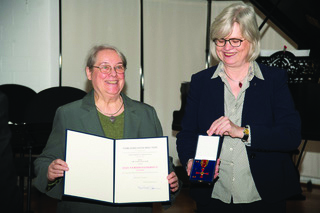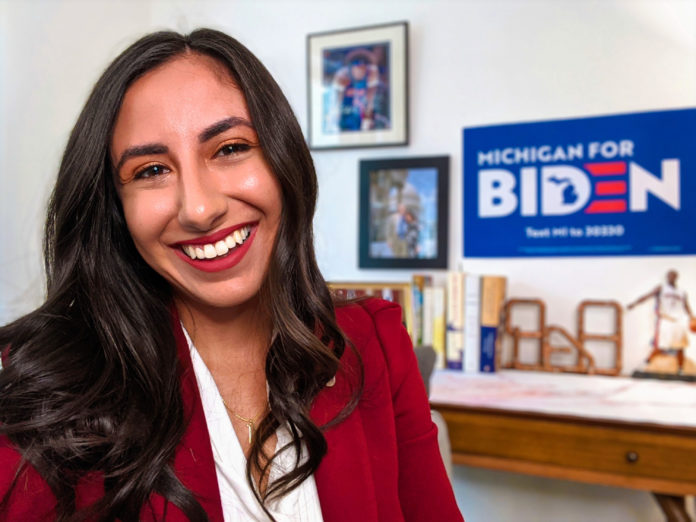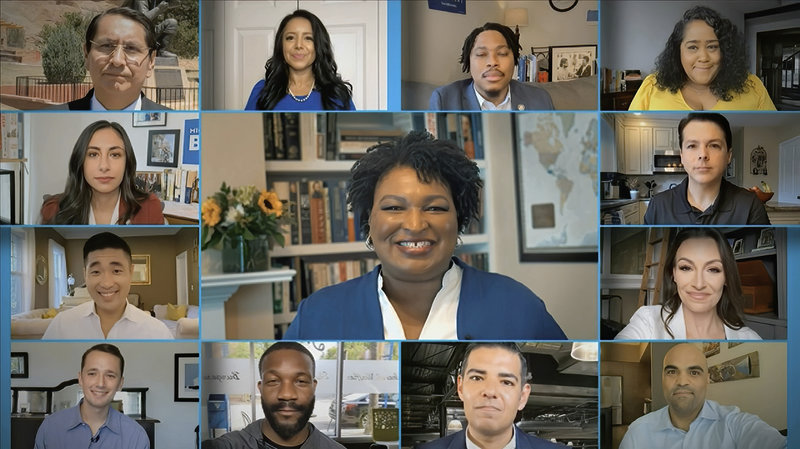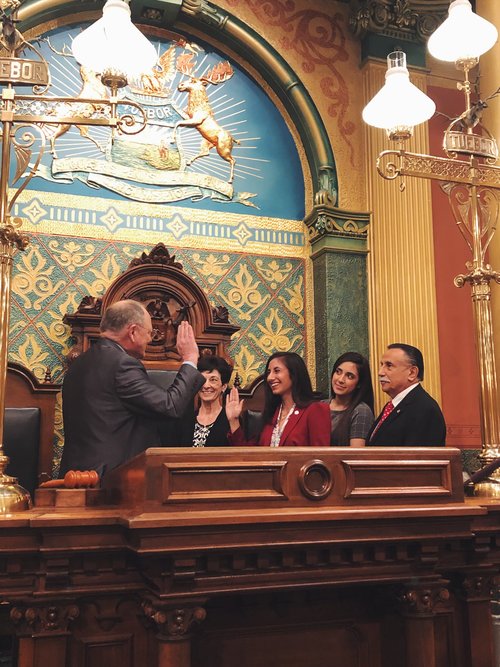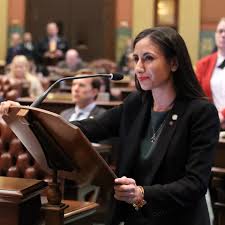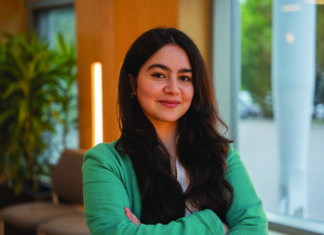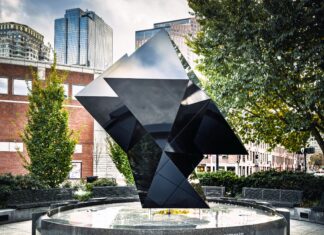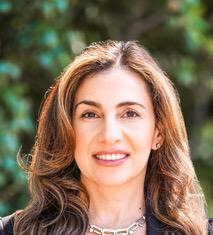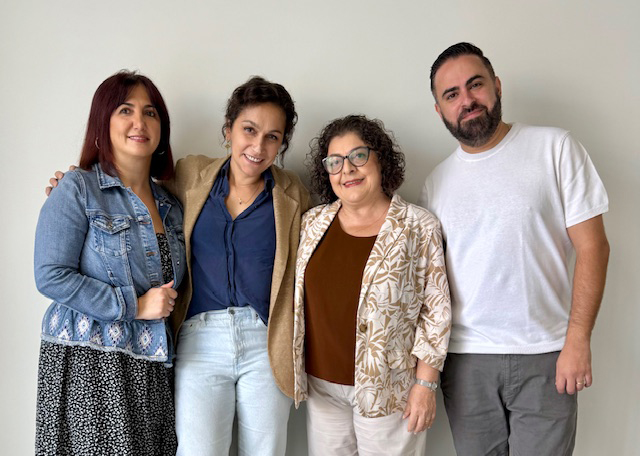WEST BLOOMFIELD TOWNSHIP, Mich. — State Rep. Mari Manoogian’s star has shone brightly in her home state of Michigan since 2018, when she was elected to the state’s House of Representatives. Her district includes Birmingham, Bloomfield Township, Bloomfield Hills, and half of West Bloomfield Township, all in Oakland County and in the northern suburbs of Detroit. The area is home to a good chunk of Michigan’s Armenian population.
However, she made national news last week and was trending on social media thanks to her presence speaking in the 17-person virtual keynote address at the Democratic National Convention at which former Vice President Joe Biden was officially nominated as the party’s nominee for president.
Manoogian agreed to an exclusive interview with the Mirror-Spectator, conducted by correspondent Harry A. Kezelian III, of Bloomfield Township, which is a part of Manoogian’s district.
Manoogian grew up in Birmingham, where she still lives.
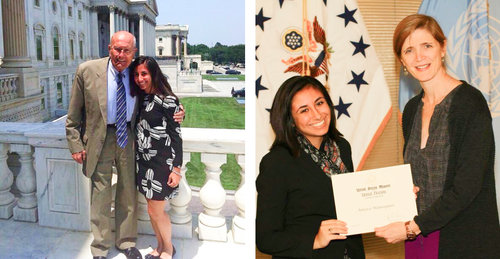
HK: How did you get interested in getting involved in politics? Was there one particular incident that propelled you toward this field or was it a culmination of your experiences?
MM: I would say it was more a culmination of experiences. I grew up in family that was really interested in public service, my dad was a union leader most of my life and my mom is a retired vocational rehab counselor, so my sister and I were raised to be really active in our community and good public stewards. I always thought I was kind of going to be behind the scenes rather than running for office myself. I thought I might be someone’s chief of staff, or do research, but the opportunity presented itself to run for State Rep. The seat was open because we have terms limits in Michigan, and so I took a chance on the opportunity in 2018, and I ran, and won.
